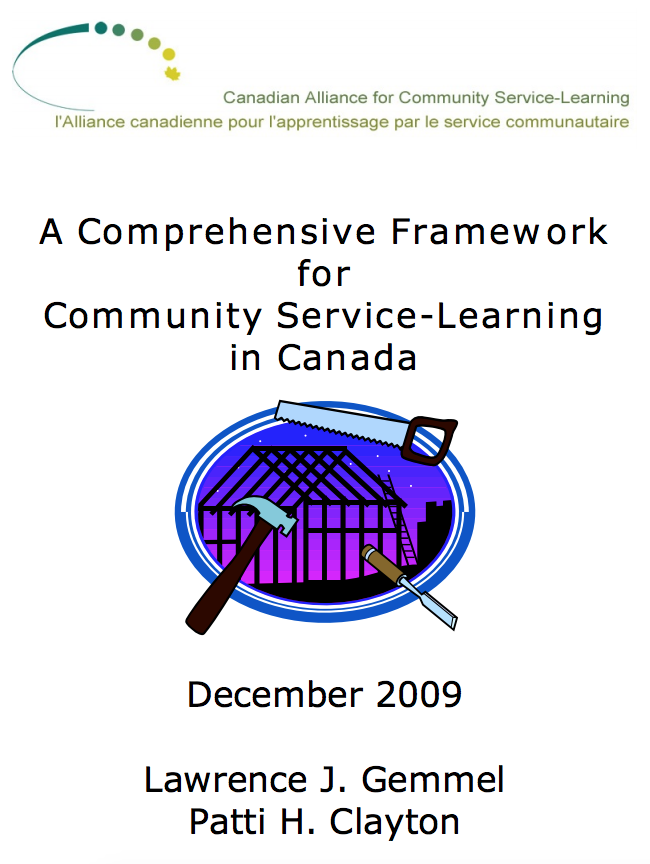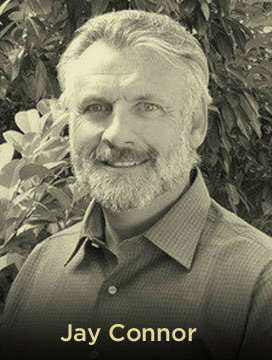Joseph “Jay” Connor brings considerable business success and experience to the challenges of creating community change. Born in Dublin, Ireland, Jay grew up in Chicago and went on to assume senior management roles in two multi-billion dollar corporations: ADT Security Systems and Johnson Controls. In the mid 1990’s Jay had an epiphany, sold his business, and decided to take his organizational expertise and devote himself to the nonprofit sector. In conversation with Mark Cabaj at the Collective Impact Summit hosted by Tamarack in Toronto 6-10 October 2014, Jay described the problem he felt was facing the sector: “At that time (1994), we thought the organizations just needed to work better. But when we went out to see if communities were better off, we couldn’t find any correlation. I realized that while peak performing organizations are needed, they are not sufficient.”
Read More







